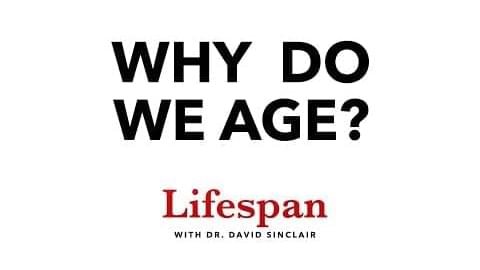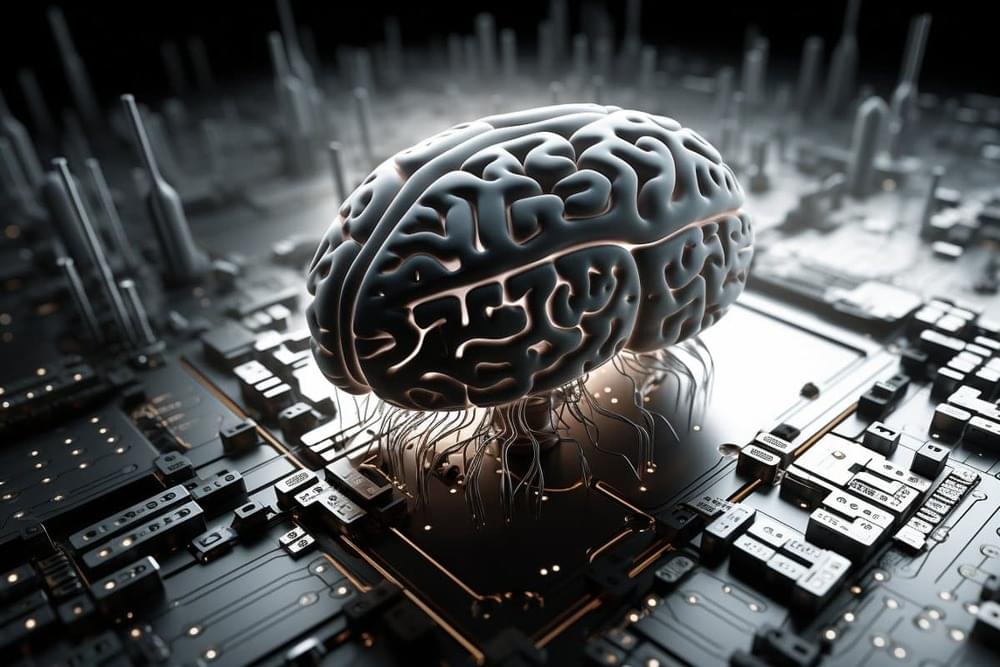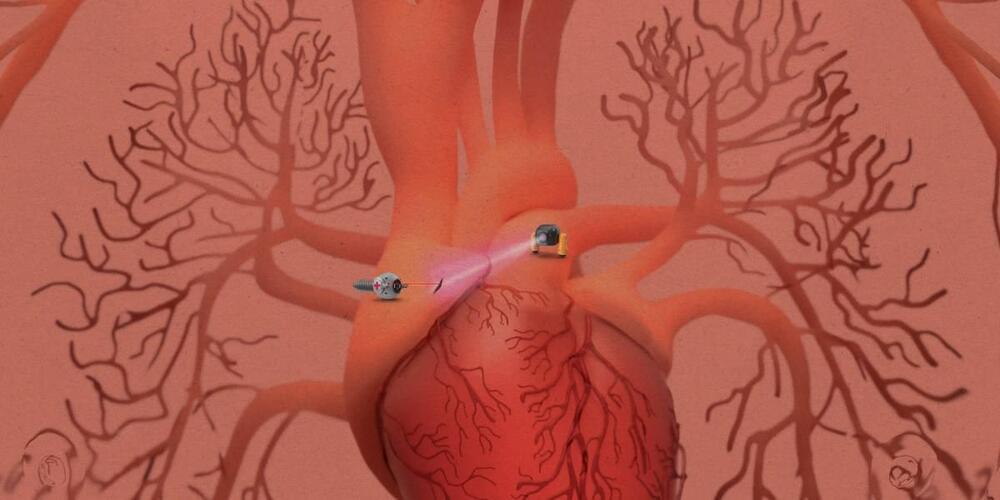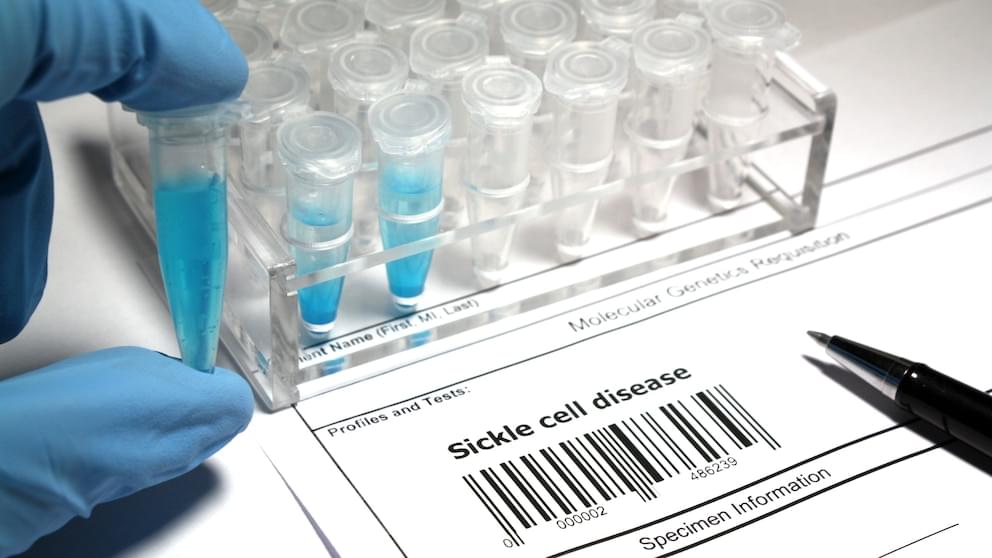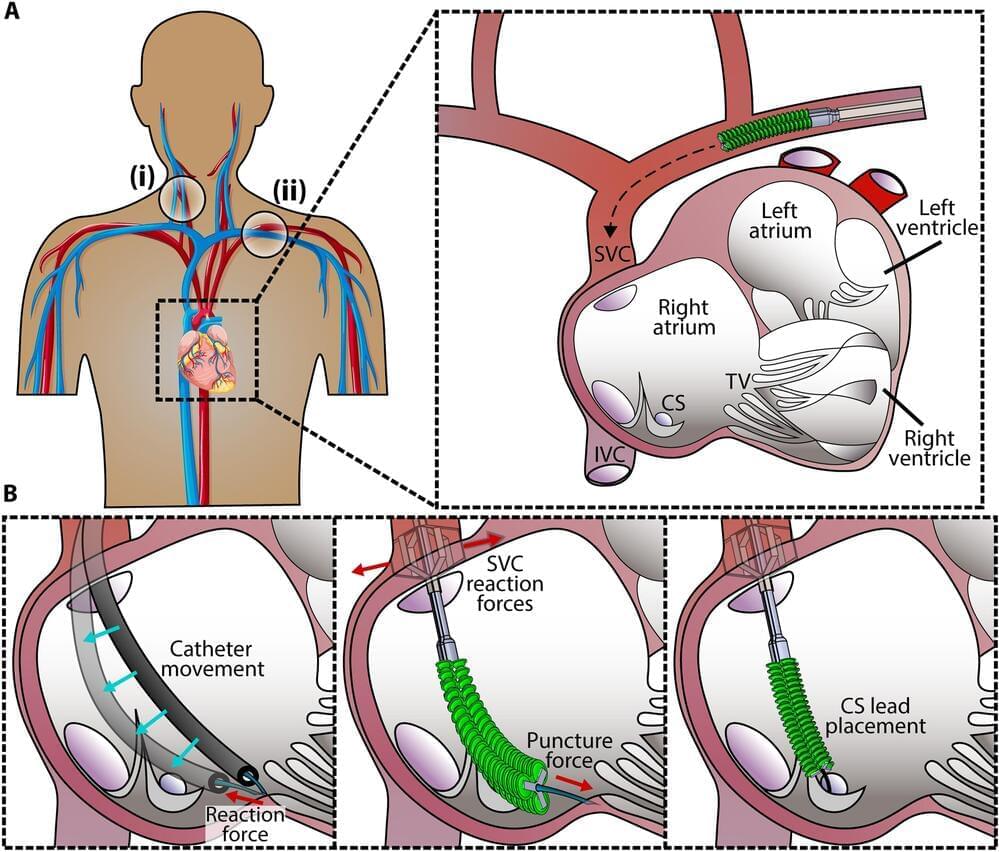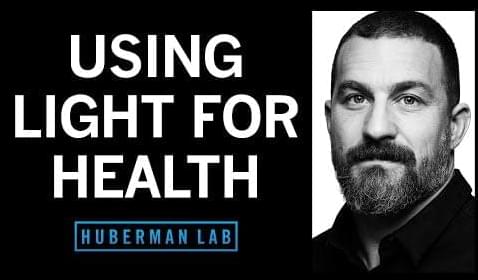Dec 8, 2023
Unlocking the Secrets of Aging: Science, Studies, and Interventions for Longer, Healthier Lives
Posted by Chris Smedley in categories: biotech/medical, genetics, life extension, science
In this episode, Dr. David Sinclair and co-host Matthew LaPlante discuss why we age. In doing so, they discuss organisms that have extreme longevity, the genes that control aging (mTOR, AMPK, Sirtuins), the role of sirtuin proteins as epigenetic regulators of aging, the process of “ex-differentiation” in which cells begin to lose their identity, and how all of this makes up the “Information Theory of Aging”, and the difference between “biological age” and “chronological age” and how we can measure biological age through DNA methylation clocks. #Aging #DavidSinclair #Longevity
